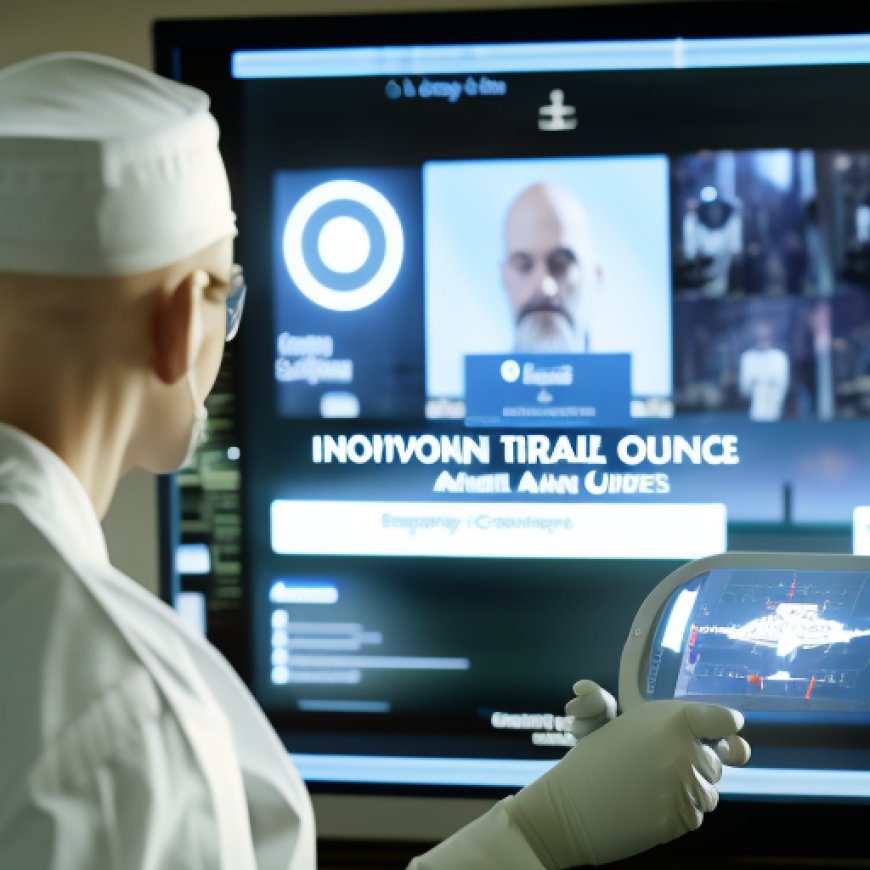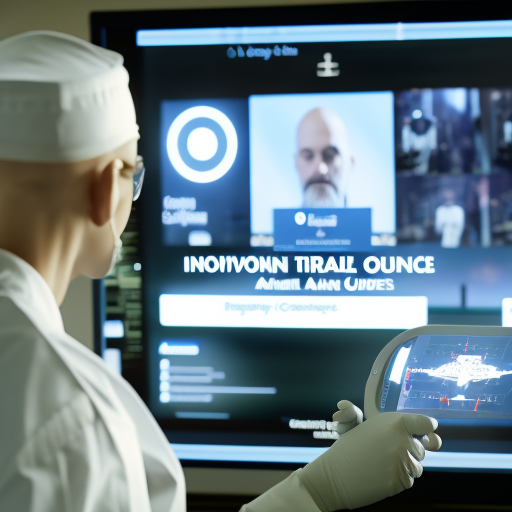Improving Outcomes: How TRICARE Covers Cancer Clinical Trials
Improving Outcomes: How TRICARE Covers Cancer Clinical Trials TRICARE Newsroom


Coverage of Cancer Clinical Trials by TRICARE
Falls Church, Va. –
If you have cancer, clinical trials can offer a path to innovative new treatments. TRICARE covers participation in cancer clinical trials sponsored by the National Cancer Institute (NCI). The NCI is the federal government’s main agency for cancer research and training.
“NCI-sponsored clinical trials are at the forefront of cancer research and care,” said Jennifer Stankovic, health systems specialist, Medical Benefits and Reimbursement Branch for the TRICARE Health Plan. “These trials give patients access to groundbreaking therapies before they may become publicly available.”
By taking part in a clinical trial, you also help improve cancer care for people in the future. Read on to learn how cancer clinical trials work and how TRICARE covers them.
Cancer Clinical Trials
Cancer clinical trials test new ways to improve cancer care, as described by the NCI. Researchers design these trials to answer key questions about cancer treatments. Cancer clinical trials usually test new treatments or new ways of using existing treatments.
The goal is to find better ways to prevent, detect, diagnose, and treat different forms of cancer. By joining a trial, you gain access to treatments still considered experimental.
TRICARE Coverage of Clinical Trials
TRICARE covers participation in NCI-sponsored Phase I, Phase II, and Phase III cancer clinical trials. Here’s what each phase involves:
- Phase I trials test new drugs or treatments in patients with advanced cancer. These patients often have cancer that hasn’t responded to standard therapy. Phase I clinical trials establish the treatment’s safety. These trials have strict eligibility rules to ensure patient safety.
- Phase II trials test the effectiveness of a new drug or treatment. They often have more patients than Phase I trials. Researchers continue to study patient safety.
- Phase III trials compare new treatments to current standard treatments. This helps researchers see which therapy works better.
TRICARE covers routine care associated with NCI Phase I, Phase II, and Phase III clinical trials, including:
- Tests and procedures to see if you qualify for the trial
- Related inpatient and outpatient medical care
- Diagnostic tests like lab work and imaging scans
- Services from doctors monitoring your care
TRICARE covers the costs for screenings to check if you meet the trial’s requirements. TRICARE also covers the costs of participating. If the trial is at a military hospital, you’ll receive outpatient care for free. If you participate in the trial through a TRICARE-authorized provider, you’re responsible for the same costs as other TRICARE covered services. These costs depend on who you are and your TRICARE plan.
Ask your doctor if an NCI clinical trial may benefit you. You can also use NCI’s search tool to find clinical trials. While trials offer access to new therapies, there’s much to consider. You should weigh the participation rules and logistical demands against your own medical needs and priorities. TRICARE’s Cancer Clinical Trials page has helpful questions to start the discussion with your doctor.
If a clinical trial may be right for you, your doctor will consult the team running the trial for details. You must get pre-authorization from TRICARE to enroll in a trial.
Once you’re accepted into an NCI trial, the trial team assigns you a case manager. Your case manager helps you participate in the trial and becomes your main point of contact.
By covering NCI clinical trials, TRICARE gives you the chance to get tomorrow’s most promising cancer treatments today. Learn more about how the military health community is advancing cancer research.
Would you like the latest TRICARE news sent to you by email? Visit TRICARE Subscriptions, and create your personalized profile to get benefit updates, news, and more.
SDGs, Targets, and Indicators in the Article
1. Which SDGs are addressed or connected to the issues highlighted in the article?
- SDG 3: Good Health and Well-being
The article discusses cancer clinical trials and how they contribute to improving cancer care, which is directly related to SDG 3: Good Health and Well-being.
2. What specific targets under those SDGs can be identified based on the article’s content?
- Target 3.4: By 2030, reduce by one-third premature mortality from non-communicable diseases through prevention and treatment and promote mental health and well-being.
The article highlights how cancer clinical trials aim to find better ways to prevent, detect, diagnose, and treat different forms of cancer, which aligns with Target 3.4 of reducing premature mortality from non-communicable diseases.
3. Are there any indicators mentioned or implied in the article that can be used to measure progress towards the identified targets?
- Indicator 3.4.1: Mortality rate attributed to cardiovascular disease, cancer, diabetes or chronic respiratory disease.
The article mentions that cancer clinical trials offer access to groundbreaking therapies before they become publicly available, indicating progress towards reducing premature mortality from cancer, which is a key indicator for Target 3.4.
Table: SDGs, Targets, and Indicators
| SDGs | Targets | Indicators |
|---|---|---|
| SDG 3: Good Health and Well-being | Target 3.4: By 2030, reduce by one-third premature mortality from non-communicable diseases through prevention and treatment and promote mental health and well-being. | Indicator 3.4.1: Mortality rate attributed to cardiovascular disease, cancer, diabetes or chronic respiratory disease. |
Behold! This splendid article springs forth from the wellspring of knowledge, shaped by a wondrous proprietary AI technology that delved into a vast ocean of data, illuminating the path towards the Sustainable Development Goals. Remember that all rights are reserved by SDG Investors LLC, empowering us to champion progress together.
Source: newsroom.tricare.mil

Join us, as fellow seekers of change, on a transformative journey at https://sdgtalks.ai/welcome, where you can become a member and actively contribute to shaping a brighter future.







